Watching a pear orchard.
Come and see how top quality pears grow in an old orchard.

This is the wine farm where I get many of my photos, as there is so much going on here.
So when our winter ended many areas were filled with blossoms in the new spring season and the places were abuzz with bee pollinators.
But what does pollinating mean?
Pollinators, such as honey bees, provide a wide range of benefits to humans. Our well-being depends heavily on various ecosystems and their functions. To a large extent, pollinators drive and maintain the good health of these ecosystems. Pollination is the transfer of pollen from the male to the female parts of a flower that results in the forming of fruit. Most fruit, seed and berry crops are dependent on insects, especially honey bees, to ensure a fruit or seed are produced.
Source
So I have shown you the first 3 photos (below) previously in the 10th month, but they are essential to explain the rest of this post.
Did I tell you that this is also where I come to get the Malachite Sunbird in the Spring season? (Nectarinia famosa)
And here below are 4 photos to show you the effectiveness of the bee pollinators in the orchard today in our summer season.
Heavy pear bearing fruits in the trees.
Butterflies and a myriad of other insects are also pollinators and so we should take special care of them.
But what will happen when there are no more bees?
The fruit and some vegetables that we eat will no longer exist.
What can we do to protect bees?
It is essential for you to read this Source link below.
We can all play a role to help bees. Here are a few ways you can step in and help:
Plant as many native flowers in your yard or garden as possible. They provide great sources of nectar and pollen (both food for the bees and butterflies). Bees need to have a diverse and regular food supply.
Buy locally produced honey (or raw honey). Smaller-scale beekeepers are more likely to treat their bees more humanely.
Create bee sanctuaries in your garden. Build structures around your garden that will attract bees and give them a place to nest.
Leave buckets of water around. Bees get thirsty, and often in the areas where we live there is water scarcity. When you leave a watering can or bucket in your garden, don’t add sugar to it.
Avoid using any pesticides.
Source
So this is it for today in a nutshell and we hope that every reader of this post (even if there are only a few), will take this to heart.
We simply cannot survive without our bee pollinators.
And That's All Friends!
Photos by Zac Smith-All-Rights-Reserved.
Camera: Canon Powershot SX60HS Bridge camera.
Thank you kindly for supporting a post on behalf of @papilloncharity
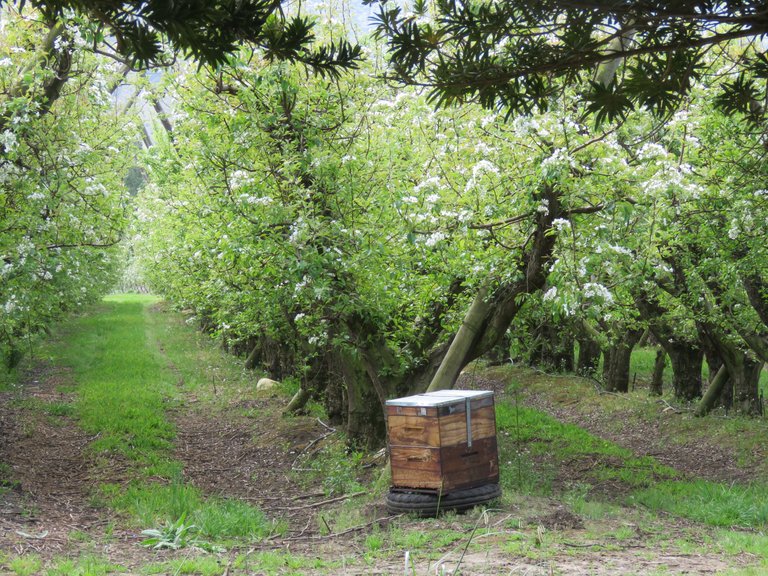
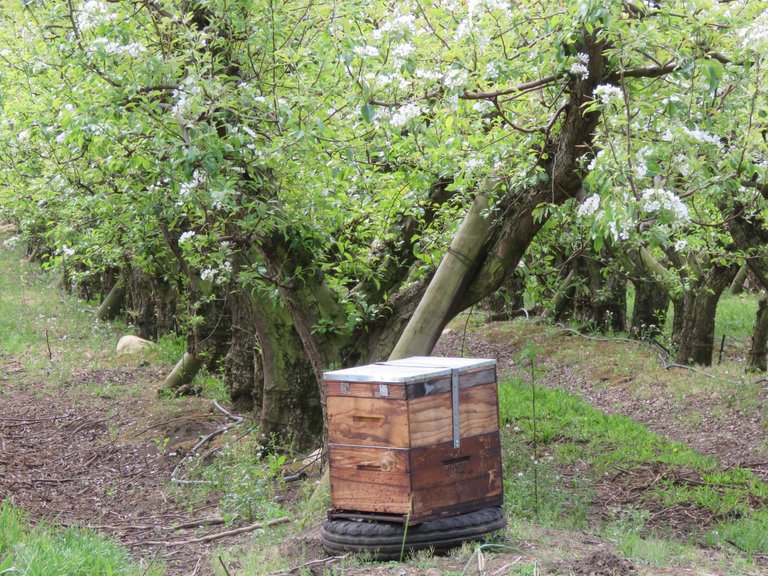
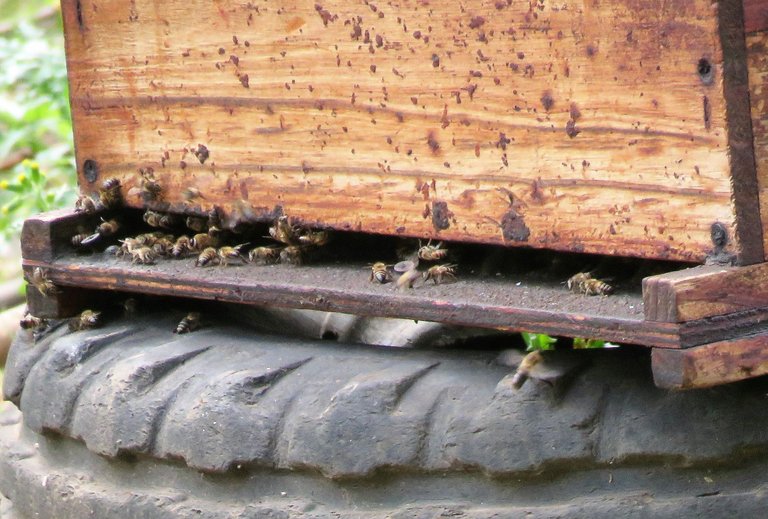
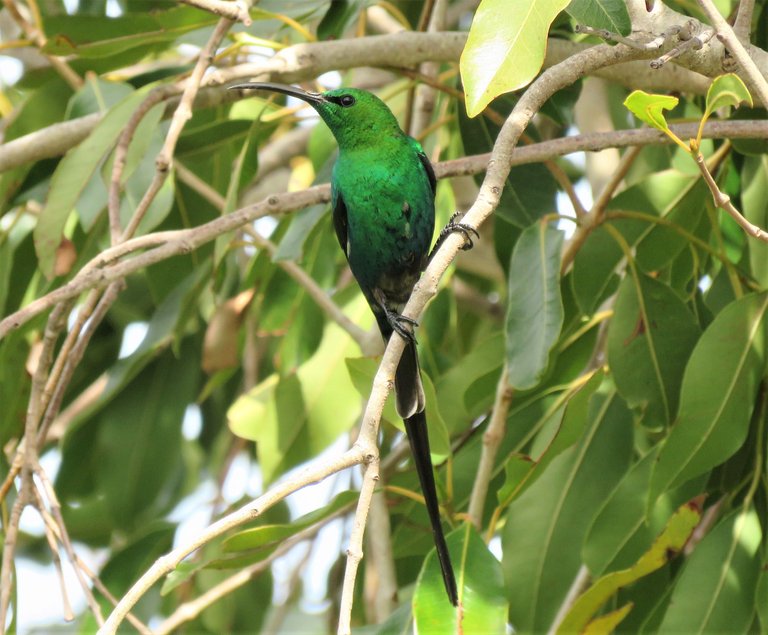
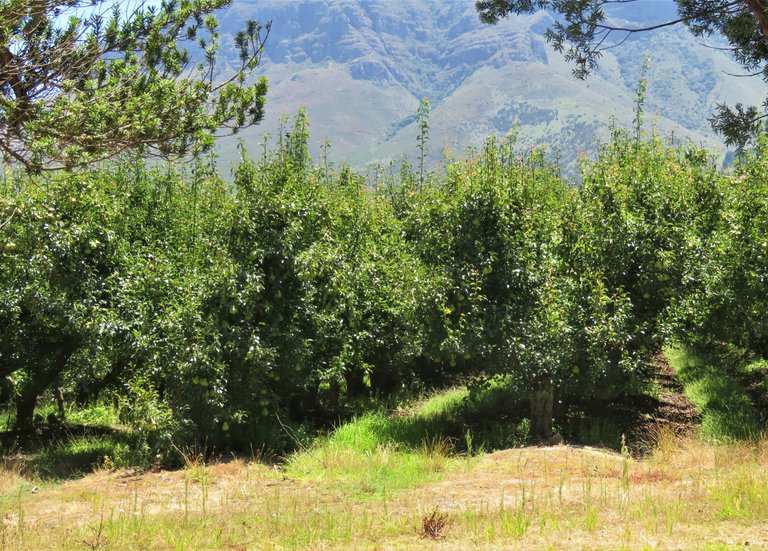
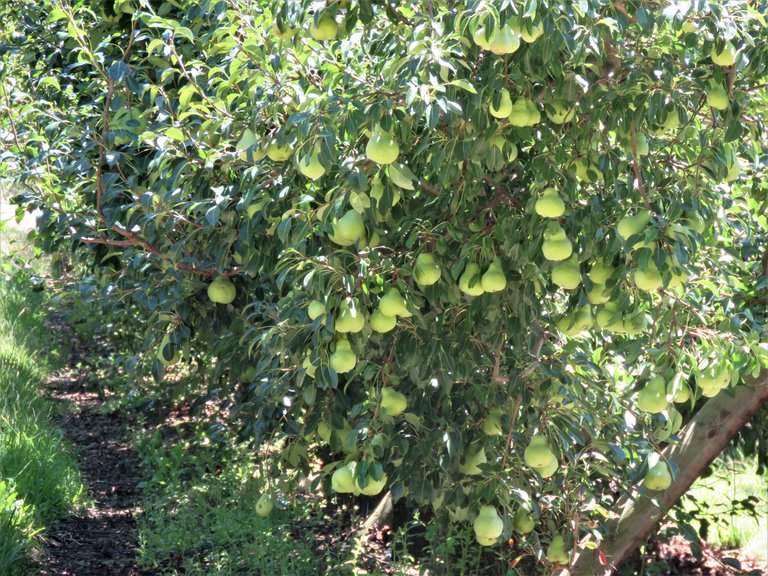
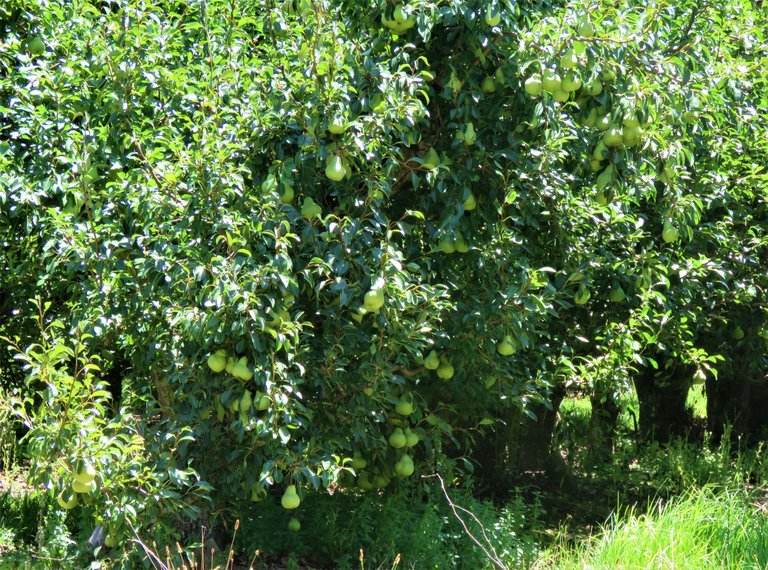
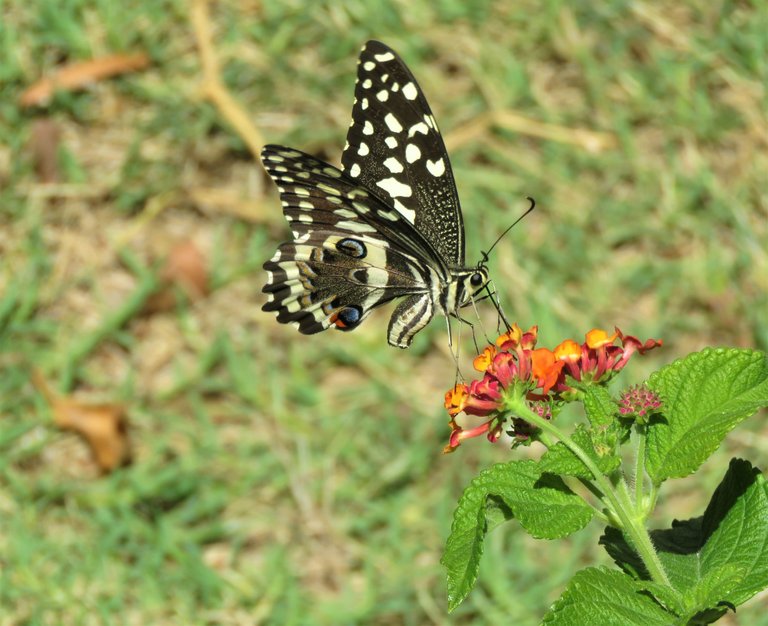
The malachite bird and the butterfly seem to be happy in their environment
How pretty!
There are lots of vineyards close to me.
Come Spring we usually visit!
Oh yes it s their Spring season home and now in summer they are all over the place looking for girlfriends.
So maybe you will show us some beauties that you find in the vineyards?
!LOLZ
lolztoken.com
When I see food I eat it.
Credit: happyme
@silversaver888, I sent you an $LOLZ on behalf of @papilloncharity
Use the !LOL or !LOLZ command to share a joke and an $LOLZ. (6/6)
Yes, will do, @papilloncharity!
👉😊👍❤️👈
Yes, there are other pollinators besides the bees, but when the bees are gone, they will not be able to do the work of the bees. As you said, we should take care of the bees and also of the butterflies and the other insects.
!BEER and !WINE - both make a nice dinner with !PIZZA :)
!invest_vote
Congratulations, @johannpiber You Successfully Shared 0.200 WINEX With @papilloncharity.
You Earned 0.200 WINEX As Curation Reward.
You Utilized 2/3 Successful Calls.
Contact Us : WINEX Token Discord Channel
WINEX Current Market Price : 0.400
Swap Your Hive <=> Swap.Hive With Industry Lowest Fee (0.1%) : Click This Link
Read Latest Updates Or Contact Us
Very true words my friend and the sooner everyone understands this, the sooner the bee colonies will be restored. And the other pollinators will also benefit from this.
Sadly so many see insects as pests to be killed.
Cheers and thanks.
I think here the main problem are diseases which let whole colonies die and not the people. Bees are mostly loved here and even more their honey. But I have to admit that we don't have killer bees here.
!PIZZA and !BEER - sounds like a nice dinner :)
!invest_vote
We have the same thing here, a bee sickness virus and yes, it can wipe out thousands of bees.
We also had a virus that attacked bird toes and many birds have lost all of their toes, even their feet.
Glad that you don't have them killer bees my friend.
Cheers and thanks.
Birds that lose their toes? Never heard of such a virus, but it sounds real bad.
Once you said you have read they are here in Europe, but I still haven't heard anything about them. Maybe the colder climate calms them down.
!PIZZA and !BEER - sounds like a nice dinner :)
!invest_vote
Some kind of bird virus and I will find it's name.
Did you know that the African honeybee mated with European honey bees and that was how the African killer bees started.
Africanized honey bees exhibit far greater defensiveness than European honey bees and are more likely to deal with a perceived threat by attacking in large swarms. These hybrids have been known to pursue a perceived threat for a distance of well over 500 meters (1,640 ft).
The venom of an Africanized honey bee is the same as that of a European honey bee, but since the former tends to sting in far greater numbers, deaths from them are naturally more numerous than from European honey bees. While allergies to the European honey bee may cause death, complications from Africanized honey bee stings are usually not caused from allergies to their venom. Humans stung many times by the Africanized honey bees can exhibit serious side effects such as inflammation of the skin, dizziness, headaches, weakness, edema, nausea, diarrhea, and vomiting. Some cases even progress to affecting different body systems by causing increased heart rates, respiratory distress, and even renal failure. Africanized honey bee sting cases can become very serious, but they remain relatively rare and are often limited to accidental discovery in highly populated areas.
Read all about it here; https://en.wikipedia.org/wiki/Africanized_bee
Cheers and thanks.
I think you have told be something like that about the killer bees.
Now you are scarying me - here you can walk right in front of a beehive and usually no bee would feel threatened. This is at least my experience because our neighbours where I have grown up had bees and my father in law had some beehives in the garden right in front of the house. I don't think I want to meet these killer bees.
!PIZZA and !BEER - sounds like a nice dinner :)
!invest_vote
Oh yes, we have discussed the bees before.
I was surprised to find that the African killer bees resulted from the matings of European honey bees with African honey bees. So a bigger and much more aggressive type of bee was born.
Not to worry for you as nobody keeps the killer bees in hives, as they build their hives mostly in old tree trunks, so your hives are safe my friend.
Cheers and thanks.
Maybe the honey of the killer bees is sweeter and healthier and that's why they protect their hives better 😅 !LOLZ
!PIZZA and !BEER - sounds like a nice dinner :)
!invest_vote
Maybe you are right, but it will never be me to go and find out 🤣 !LOLZ
Cheers and thanks.
🐝😂 !LOLZ
!PIZZA and !BEER - sounds like a nice dinner :)
!invest_vote
lolztoken.com
It was just so lava-able.
Credit: belhaven14
@papilloncharity, I sent you an $LOLZ on behalf of @johannpiber
Use the !LOL or !LOLZ command to share a joke and an $LOLZ. (4/6)
@johannpiber denkt du hast ein Vote durch @investinthefutur verdient!
@johannpiber thinks you have earned a vote of @investinthefutur !
lolztoken.com
count as resistance training?
Credit: marshmellowman
@johannpiber, I sent you an $LOLZ on behalf of @papilloncharity
Use the !LOL or !LOLZ command to share a joke and an $LOLZ. (2/6)
@johannpiber denkt du hast ein Vote durch @investinthefutur verdient!
@johannpiber thinks you have earned a vote of @investinthefutur !
@johannpiber denkt du hast ein Vote durch @investinthefutur verdient!
@johannpiber thinks you have earned a vote of @investinthefutur !
@johannpiber denkt du hast ein Vote durch @investinthefutur verdient!
@johannpiber thinks you have earned a vote of @investinthefutur !
@johannpiber denkt du hast ein Vote durch @investinthefutur verdient!
@johannpiber thinks you have earned a vote of @investinthefutur !
PIZZA Holders sent $PIZZA tips in this post's comments:
@johannpiber(9/15) tipped @papilloncharity (x2)
You can now send $PIZZA tips in Discord via tip.cc!
@johannpiber denkt du hast ein Vote durch @investinthefutur verdient!
@johannpiber thinks you have earned a vote of @investinthefutur !
Good morning, evening?
Enjoyed your post, I did already know how important bees are to our ecosystem. They are plentiful by us and there are lots of farms here that sell great honey.
Hope you are doing well, those pears looked ready to pick, yum
Good evening from South Africa.
Some good news first. I asked the experts what the key defender issue is.
It's an automated bot message to warn people about false short URLS. Someone can pretend to be me and send you a short URL with spies in it.
It is a good thing as I was told that many people have been compromised before.
So from now on I will only send full URLS.
Oh, the one thing in the laborious message of the bot is that it is indeed a link to a registered South African newspaper and over here we use the short links.
Sorry for my not knowing that we should only send full links. So you are safe.
Thank you for enjoying my post and I think that I have heard about how you guys care for the bees.
Glad to know that there are at least some parts of the world with sensible people in it.
Those are export pears and they are under special care, so I think that they must taste delightful.
Blessings to you guys and !LUV for you and !BEER for the big guy.
@papilloncharity(3/5) gave you LUV. H-E tools | connect | <><
H-E tools | connect | <><
https://twitter.com/ZacSmit18068838/status/1486718831762362378
The rewards earned on this comment will go directly to the person sharing the post on Twitter as long as they are registered with @poshtoken. Sign up at https://hiveposh.com.